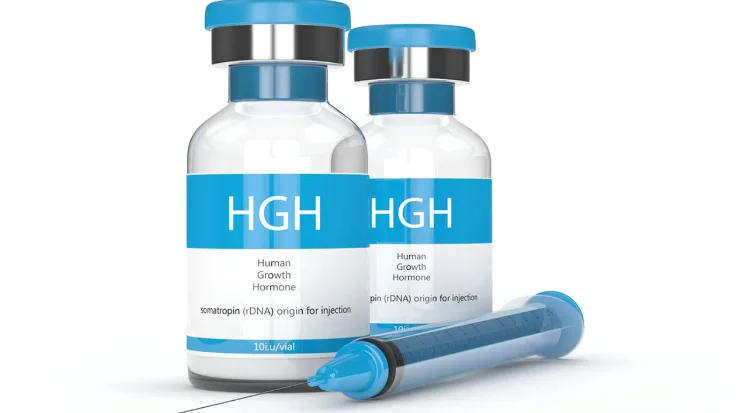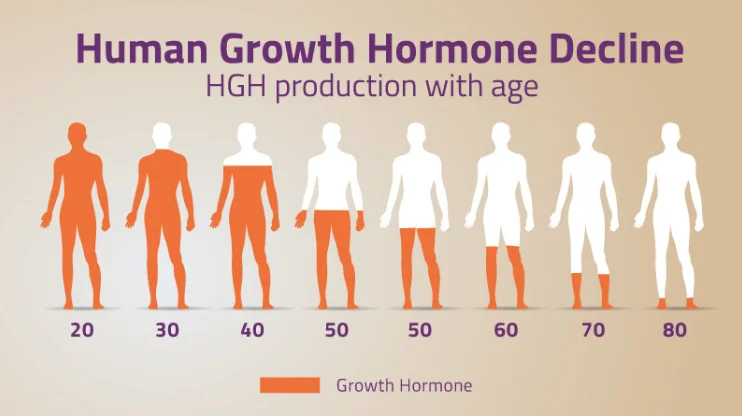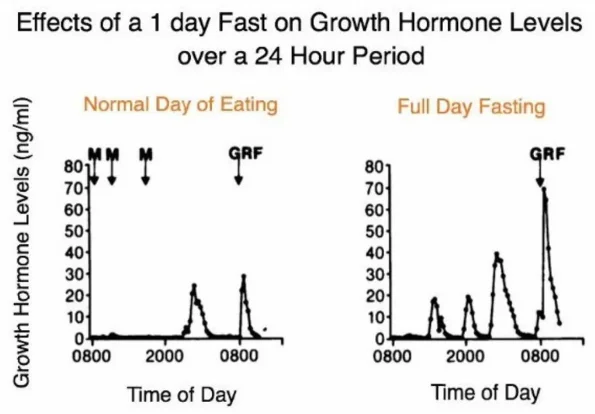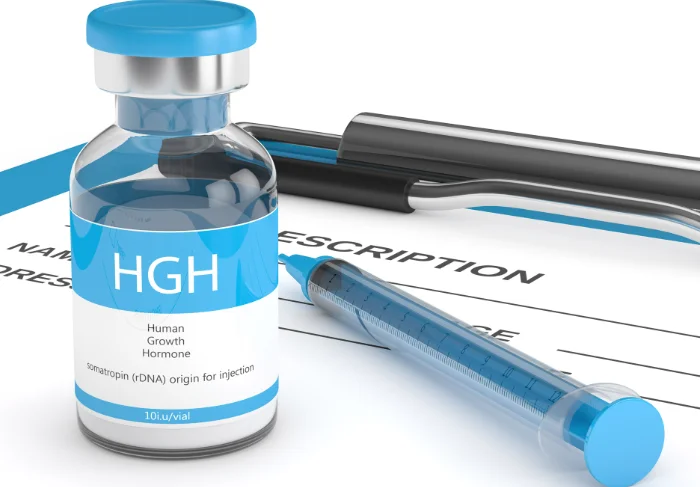Growth hormone injections have gained popularity as a medical intervention for various conditions. In this comprehensive article, we will explore their uses, age limits, safety considerations, and the intriguing question of whether they can make you taller.
What are Growth Hormone Injections Used For?

The main indication for growth hormone injections, commonly referred to as human growth hormone (HGH) therapy, is growth hormone deficiency. Both adults and children may experience this shortage, which can result in a variety of health problems. Here’s a closer look at the main applications for injections of growth hormone:
Pediatric Growth Hormone Deficiency: Development and growth may be slowed in children who do not produce enough growth hormone. Injections of growth hormone are recommended to promote height gain, improve stature overall, and promote linear growth.
Adult Growth Hormone insufficiency: Traumatic brain traumas and pituitary gland diseases are two conditions that can induce growth hormone insufficiency in adults. Adult growth hormone deficiency symptoms, such as weariness, decreased muscular mass, and decreased bone density, are treated with HGH therapy.
What Is the Upper Age Limit for Injection Growth Hormones?

Depending on the particular medical condition being treated and the recommendations made by medical professionals, there are different age limits for growth hormone injections. This is a broad summary:
Pediatric Patients: Growth hormone injections are typically recommended for children with diagnosed growth hormone deficiency. Treatment usually starts prior to the growth plates closing, which usually happens in the latter stages of adolescence. The precise age restriction, however, may change, and each situation is considered individually.
Patients who are adults: If an adult has a verified growth hormone shortage, they may also be eligible for growth hormone injections. The age limit for initiating treatment in adults may be more flexible, as long as the deficiency is medically substantiated.
RELATED: Factors That Contribute To A Healthy Lifestyle
Are Growth Hormone Injections Harmful?

When it comes to medical procedures like growth hormone injections, safety is of the utmost importance. Although HGH therapy has a lot to offer, there are risks and adverse effects to be aware of. The following are important things to think about when evaluating the safety of growth hormone injections:
Common Side Effects: Some people may have mild side effects like headaches, joint pain, or swelling or soreness at the injection site. Most of the time, these side effects are mild and temporary.
Rare Complications: Less frequently, more severe side effects such as hyperglycemia, or elevated risk of specific illnesses, can arise. Close medical supervision is essential to monitor for potential complications.
Under Medical Supervision: Growth hormone therapy should always be administered under the guidance of a qualified healthcare provider. When necessary, they will modify the treatment plan after weighing the advantages and dangers.
Safety in Sports and Athletics: It’s critical to remember that using growth hormone injections improperly is forbidden in these domains and can have detrimental effects on one’s health. HGH use by athletes to improve their performance is discouraged and is seen as doping in competitive sports.
See your healthcare professional for more specific information on the risks and benefits of growth hormone injections.
RELATED: The Simplest Way to Get Rid of Asthma Breathing Issues
Are You Taller After Growth Hormone Injections?

One of the most common questions regarding growth hormone injections is whether they can increase a person’s height, even beyond their genetically determined potential. Let’s delve into this intriguing aspect:

